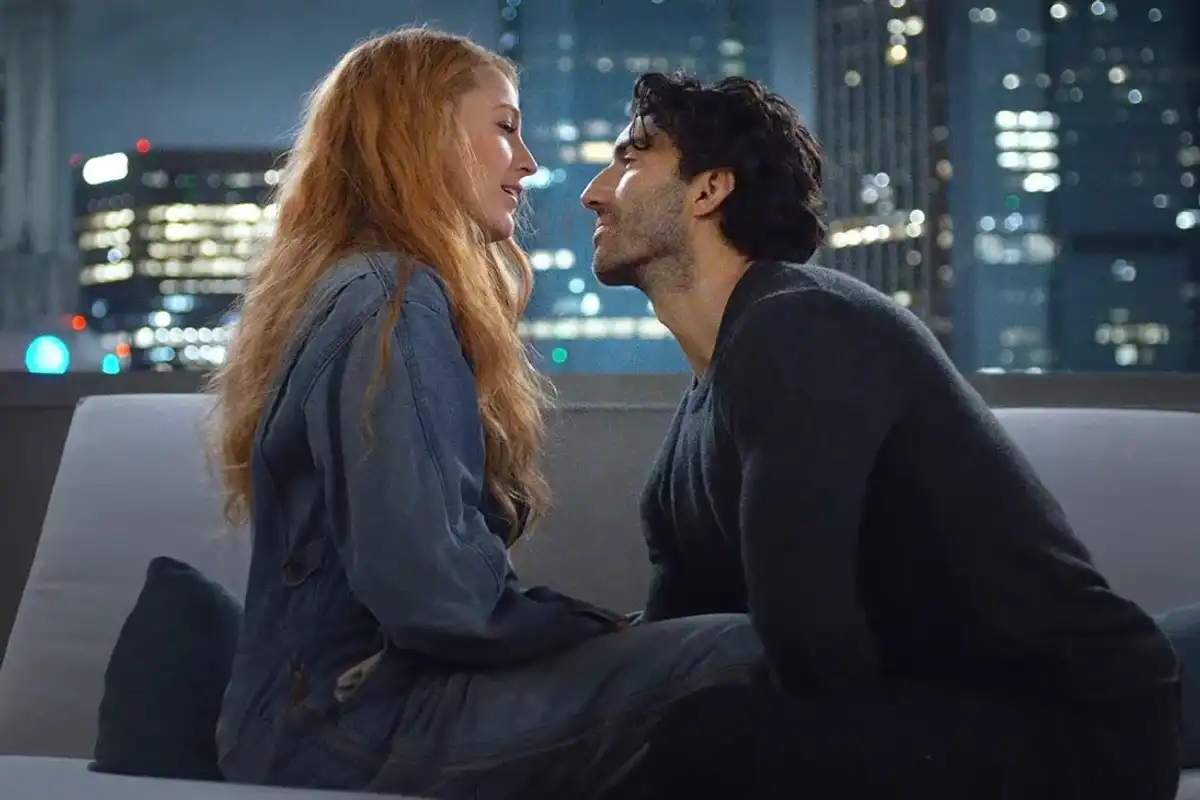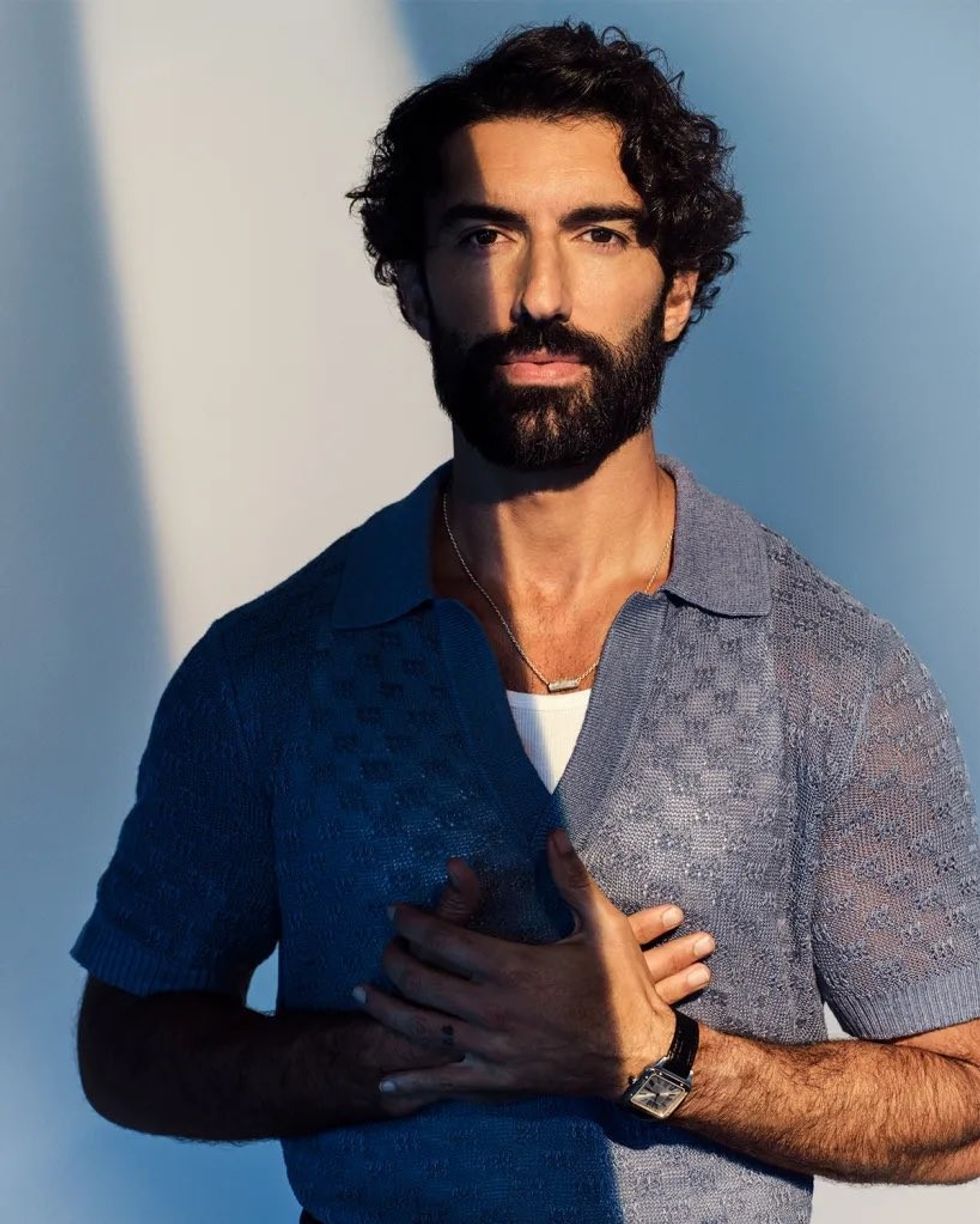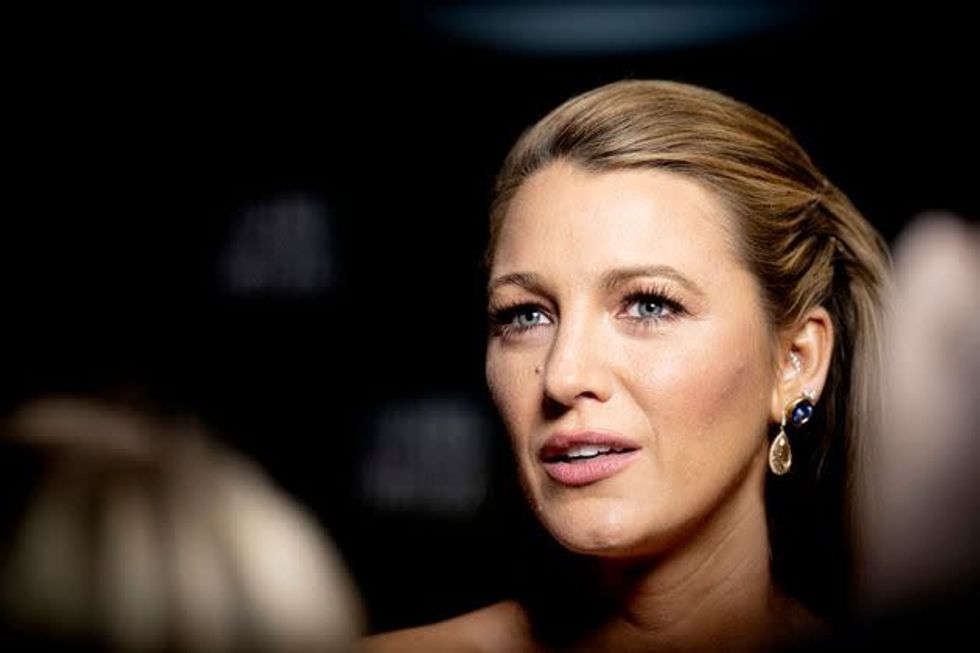We need to talk about Justin Baldoni
What Blake Lively's harassment allegations against her It Ends With Us co-star tell us about performative allyship, victim-blaming culture and Hollywood's dark playbook for reputational sabotage

Anum Chagani

Blake Lively and Justin Baldoni in a still from It Ends With Us
Everett Collection
In the latest chapter of Hollywood’s ongoing reckoning with power and abuse, Blake Lively’s allegations against her It Ends With Us co-star, Justin Baldoni, have reignited a critical conversation about performative allyship, the impossible standards of “perfect” victims, and the industry’s enduring ability to weaponize narratives against those who speak up.
Lively has accused Baldoni of disturbing and inappropriate on-set behavior, including unwanted improvised kissing scenes and verbal harassment. More alarmingly, she says that when she pushed back, she became the target of a calculated smear campaign to undermine her credibility.
Damn. This really pulls back the curtain. https://t.co/oK5316LUnR pic.twitter.com/Cs44mNppAL
— Ellys Is Here (@ellysmelancholy) December 21, 2024
i read all 80 pages of blake lively's suit against justin baldoni and omg it's genuinely quite scary the lengths these pr companies will go to to create a public narrative -- and how easily it works.
— beth (@bethanyjane89) December 22, 2024
Baldoni, who has long championed himself as a feminist ally and advocate for gender equity, denies the allegations, dismissing them as "baseless attacks".
But the story doesn’t end with a denial. Instead, it opens a Pandora’s box of questions about what it means to be an “ally” in an industry that thrives on appearances, and whether the term has been co-opted as a shield rather than a responsibility.
The ally who isn't
Baldoni has built his career, in part, on being “the good guy.” He’s written books about masculinity, spoken on panels about gender equality, and publicly aligned himself with the feminist movement. That’s all great, on paper. But as we’ve learned time and again, there’s a significant gap between what some men say they believe and how they behave when it matters.
The problem with performative allyship is that it often stops at the surface. It’s one thing to speak the language of feminism and another to live by its principles when it really counts. For men like Baldoni, the label of “feminist ally” can become a kind of armor—a way to deflect criticism and sidestep accountability. When allegations arise, the dissonance between the public persona and private behavior isn’t just jarring; it’s infuriating. Because allyship isn’t about grandstanding or optics—it’s about the choices you make when no one is clapping.

The burden of the “perfect” victim
Lively’s allegations have been met with a familiar undercurrent of skepticism, amplified by a well-worn industry playbook that casts accusers as “difficult” or “disruptive.” The idea that women must be perfect victims—always graceful, never flawed, and completely unassailable—remains one of the most pernicious barriers to accountability in Hollywood and beyond.
In this case, Lively’s high-profile status complicates the narrative further. For some, her wealth and success might disqualify her from sympathy, as though privilege negates the possibility of being abused. For others, her history of curated perfection could cast doubt on her vulnerability. Either way, the burden falls squarely on her shoulders to navigate the labyrinth of disbelief that awaits anyone who dares to speak out.
Perhaps the most troubling element of this saga is the smear campaign against Lively, reportedly orchestrated by Baldoni’s team. This is hardly the first time we’ve seen such tactics in action. From Harvey Weinstein’s aggressive PR maneuvers to silence his accusers to lesser-known cases of reputational sabotage, Hollywood’s playbook for discrediting victims is as old as the industry itself.
And smear campaigns in Hollywood are insidious. They’re not just about planting a few unflattering stories in the tabloids. They’re about creating a narrative that casts the accuser as unreliable, unhinged, or vindictive—anything to shift focus away from the accused. And because these narratives often exploit preexisting biases—misogyny, classism, and even feminism itself—they’re incredibly effective in not only tarnishing individual reputations but also discouraging future disclosures, reinforcing a culture of silence and complicity.

The bigger picture
As this story continues to unfold, it’s crucial to resist the instinct to dismiss Lively’s allegations as a celebrity spat or PR ploy. The dynamics at play here are emblematic of systemic issues that extend far beyond these two individuals. This isn’t a scandal. It’s a mirror. The question is whether we’re ready to face what it reflects.
For those who claim the mantle of allyship, this moment serves as a reminder that the work isn’t about optics or rhetoric. It’s about action—and, critically, about ensuring that those actions hold up under scrutiny. For Hollywood, it’s a call to reckon with the ways its structures enable and protect abusers, even as the industry publicly claims to champion equity and inclusion. And for all of us, it’s a chance to interrogate our own complicity in perpetuating the myths of “perfect” victims and performative allies.
Because the truth is, allyship isn’t just about saying the right things. It’s about doing the hard things—even, and especially, when no one is watching.







Comments
See what people are discussing